The Dirty Secret About Bristol Roof Cleaning: Pressure Washing Risks(2024)
Roof Pressure Washing Risks: Why Your Bristol TN Home's Roof is at Risk
Homeowners in Bristol, TN, often seek efficient ways to maintain their properties, but some methods can pose unexpected risks. While seemingly compelling, roof pressure washing risks are hidden dangers that can compromise the integrity of your home's most crucial protective layer. The risks are significant, and persistent neglect can result in significant damage, ultimately reducing your roof's longevity and necessitating expensive repairs.
This article delves into the hidden dangers of roof pressure washing, dispels common misconceptions about roof cleaning, and explores the impact on different roofing materials. We'll also discuss safe alternatives to pressure washing that can keep your roof clean without putting it at risk. By understanding these risks and options, homeowners can make informed decisions to protect their roofs and maintain their homes effectively.
The Hidden Dangers of Roof Pressure Washing
Pressure washing a roof may seem like an efficient way to clean it, but this method can cause significant damage. The high-pressure water jets used in pressure washing can break the bonding between roof materials, damaging the underlying fabric that protects the home's interior. This can lead to cracks or breaks in tiles and leaks in clay or shingle roofs.
Structural Damage
The force of the water can also compromise the seals around vents, skylights, or solar panels, resulting in leaks. Too little water pressure, on the other hand, creates a slippery, wet mess that does little to clean the roof effectively. Walking on a damp roof also increases the risk of slip-and-fall accidents, which can result in serious injuries.
Voiding Warranty
Many roofing manufacturers have strict installation guidelines, and improper cleaning methods like pressure washing can void the warranty. Homeowners should be aware of the limitations of their roof warranties to avoid losing coverage due to unauthorized alterations or repairs.
Water Infiltration
Pressure washing can force water underneath shingles or tiles, leading to moisture buildup and potential water damage inside the home. This can cause mold growth, wood rot, and other structural issues that are costly to repair.
To maintain a roof's integrity and protect the home, it's best to avoid pressure washing altogether. Instead, consider hiring a professional roofing contractor who uses gentle, low-pressure cleaning methods that are safe for the specific roofing material. Regular inspections and proper maintenance can help extend a roof's life without risking the dangers associated with high-pressure cleaning.
Common Misconceptions About Roof Cleaning
Many homeowners in Bristol, TN, have misconceptions about roof cleaning that can lead to costly mistakes. One common myth is that pressure washing is a quick fix for a dirty roof. However, pressure washing can cause significant damage to shingles, leading to leaks and shortened roof life. The high-pressure water jets can break the bonding between roof materials and force water underneath, causing mold growth and structural issues.
Another misconception is that roof cleaning is a one-size-fits-all approach. Different roofing materials require specific cleaning methods to avoid damage. For example, delicate clay tiles or wooden shakes need a gentler touch than sturdy asphalt shingles. Professional roof cleaners have the expertise to select the appropriate techniques and pressure settings for each surface.
Some homeowners believe they can save money by tackling roof cleaning as a DIY project. However, without proper training and equipment, DIY attempts can be ineffective at best and dangerous at worst. Walking on a wet roof increases the risk of slip-and-fall accidents, while improper use of cleaning chemicals can harm landscaping and the environment.
Hiring a professional roof cleaning service is often the safest and most effective option. Trained technicians have the knowledge and tools to clean your roof while protecting its integrity thoroughly. They can also spot potential issues like damaged shingles or flashing before they lead to costly leaks. While professional services may cost more upfront, they can save you money in the long run by extending your roof's lifespan and preventing expensive repairs.
Impact on Different Roofing Materials
Pressure washing a roof can have varying effects on different roofing materials. Understanding how each type of roofing material reacts to high-pressure water jets is essential to avoid causing unintentional damage. Let's explore the impact of pressure washing on some common roofing materials.
Asphalt Shingles
Asphalt shingles are the most common roofing material in residential homes. While they are durable, pressure washing can cause significant damage. The high-pressure water jets can break the bonding between shingles, causing them to lift or even break off. This can lead to leaks and premature roof roof aging. Pressure washing can also strip away the protective granules on the shingles, exposing the underlying asphalt to UV rays and weathering.
Wood Shakes
Wood shakes are a natural and aesthetically pleasing roofing option but require gentle cleaning. Pressure washing can be particularly harmful to wood shakes, as the high-pressure water can split or crack the wood, leading to moisture intrusion and rot. The force of the water can also strip away the natural oils that protect the wood, causing it to dry out and become brittle.
Tile Roofs
Tile roofs, whether made of clay or concrete, are known for their durability and longevity. However, pressure washing can still cause damage to these materials. The high-pressure water can crack or dislodge tiles, allowing water to seep underneath and cause leaks. Pressure washing can also damage the waterproof underlayment beneath the tiles, compromising the roof's overall integrity.
To maintain the integrity of your roof, it's best to consult with a professional roofing contractor who can assess your specific roofing material and recommend the most appropriate cleaning method. In many cases, a gentle, low-pressure cleaning solution, such as soft washing, is the safest and most effective way to clean your roof without risking damage.
Safe Alternatives to Pressure Washing Risks
When cleaning your Bristol, TN, home's roof, there are safer alternatives to pressure washing that can effectively remove dirt, grime, and organic growth without causing damage. These methods prioritize the longevity and integrity of your roofing materials while still achieving a clean and well-maintained appearance.
Soft Washing Technique
Soft washing is a gentle, low-pressure cleaning method that uses specialized detergents and algaecides to eliminate dirt, mold, and algae from your roof. Unlike the high-pressure water jets used in pressure washing, soft washing relies on the power of these cleaning solutions to break down and remove unwanted substances. This technique is particularly beneficial for delicate roofing materials like asphalt shingles, as it minimizes the risk of damage caused by excessive water pressure.
Chemical Treatments
Another safe alternative to pressure washing is using chemical treatments specifically designed for roof cleaning. These products often contain biodegradable and environmentally friendly ingredients that effectively target and eliminate algae, moss, and lichen growth. When applied by a professional roof cleaning service, these treatments can restore your roof's appearance without needing high-pressure water.
Regular Maintenance
A regular roof maintenance routine can help prevent dirt, debris, and organic growth buildup, reducing the need for more intensive cleaning methods like pressure washing. This may include regularly clearing gutters and downspouts, trimming overhanging tree branches, and removing fallen leaves and twigs from your roof's surface. By addressing these issues, you can extend your roof's lifespan.
Conclusion
Ultimately, the key to a healthy roof is understanding and addressing its specific needs by avoiding pressure washing and opting for safer cleaning methods. Homeowners can protect their investment and ensure their roof continues safeguarding their home for years. Remember, when in doubt, it's always best to consult with a professional roofing contractor who can provide expert advice tailored to your specific roofing material and situation.
FAQs
1. Why is it not advisable to use a power washer on your roof?
A power washer on your roof is not recommended because the intense water force can dislodge or slightly loose shingles. Furthermore, pressure washing can harm the adhesive bonds between the tiles, potentially leading to further damage.
2. Can using a pressure washer cause harm to your roof?
Yes, using a pressure washer can indeed damage your roof. The high pressure, often around 4000 psi, can be too harsh for the roof surface. It's generally recommended to avoid pressure washing unless you plan to repaint the roof, especially on cement-tiled roofs and Colorbond.
3. What potential dangers are associated with cleaning a roof?
Cleaning a roof comes with several risks, mainly if the roof is in poor condition or has missing tiles, which could allow water to penetrate. Additionally, improper cleaning techniques, such as directing water jets upwards, can force water underneath the tiles, leading to potential leaks.
4. How can one safely pressure wash a roof?
To safely pressure wash a roof, it is crucial to use low pressure and select the appropriate spray tip. Begin with a medium-pressure spray pattern and adjust as needed. Always ensure you stand on a dry part of the roof to avoid slipping on wet shingles.
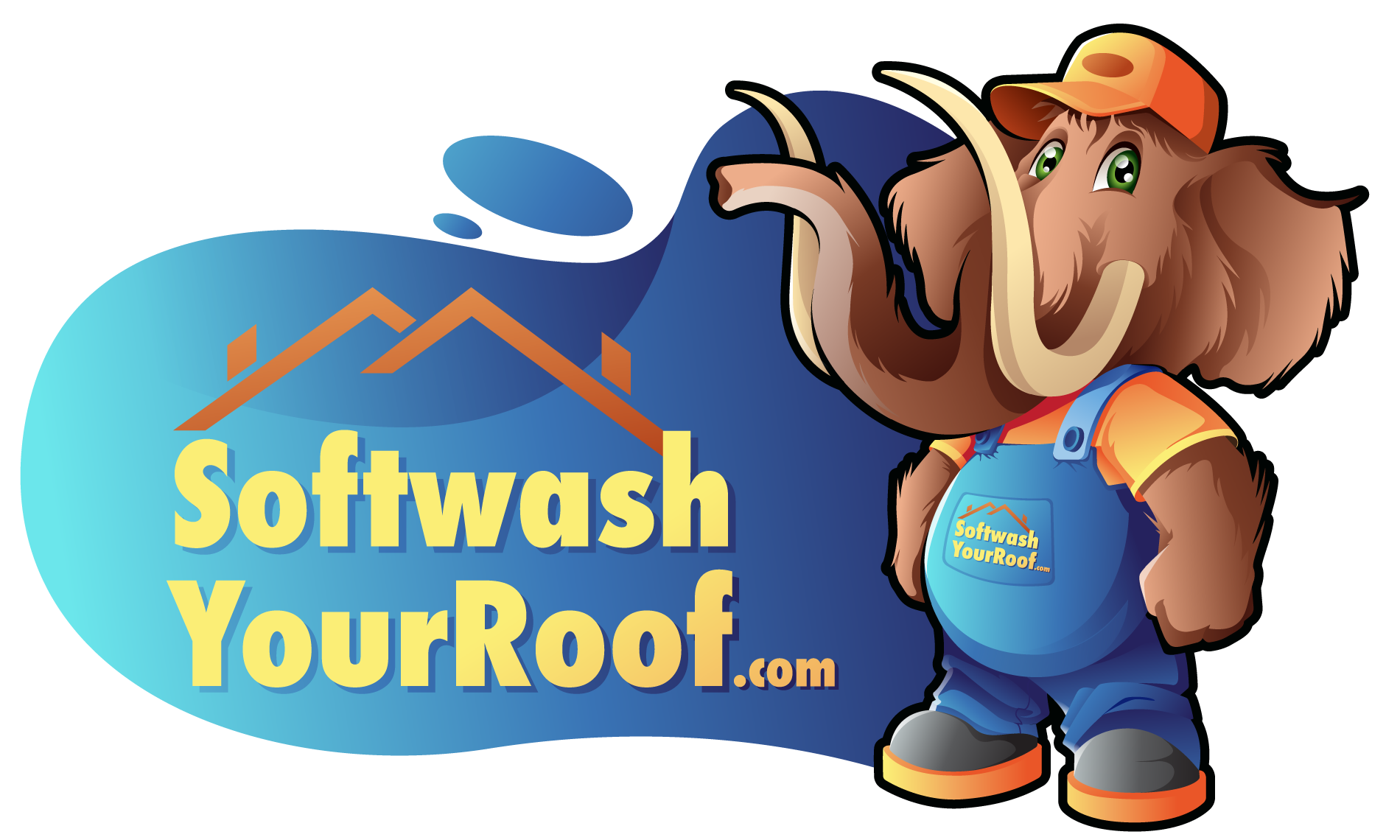
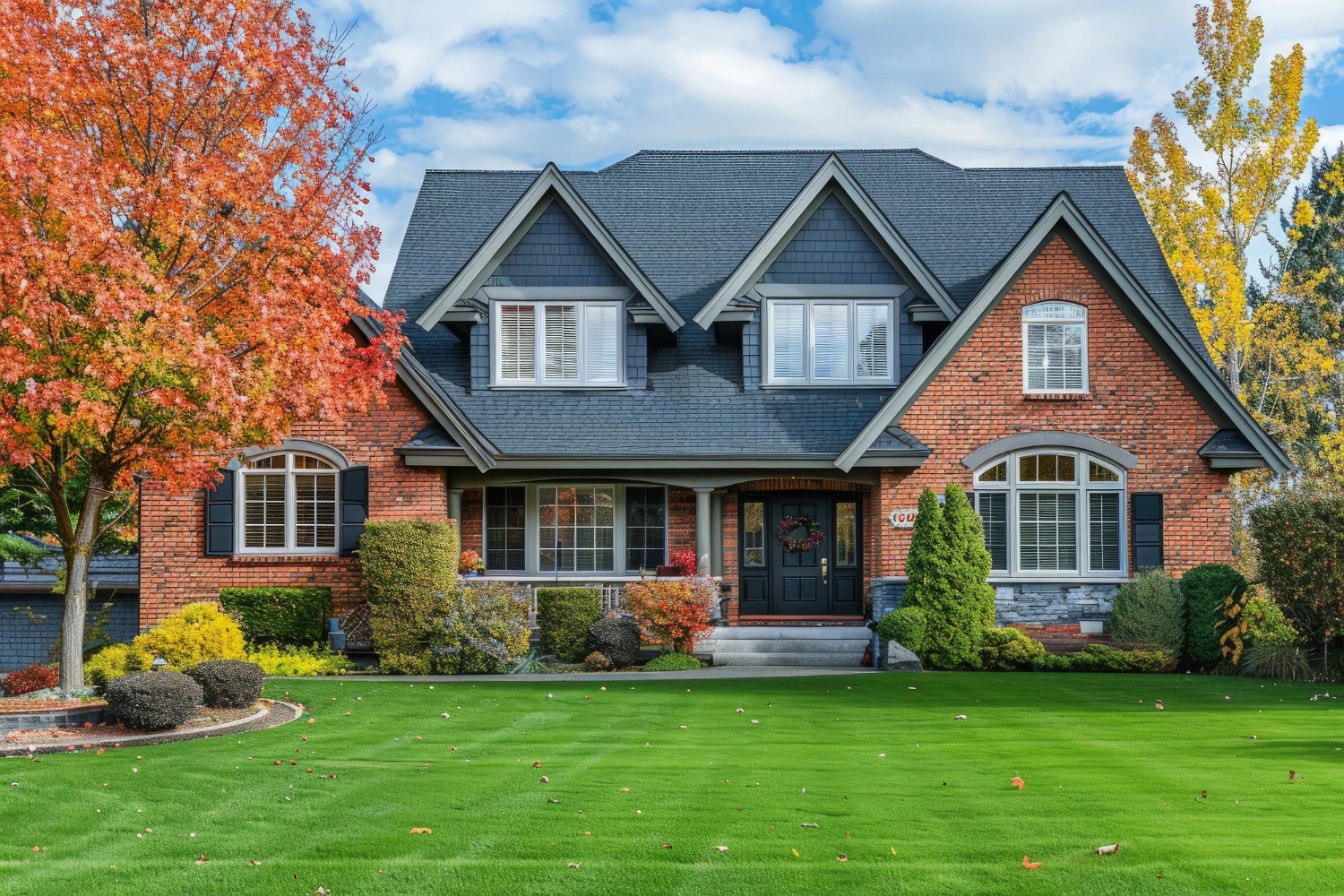
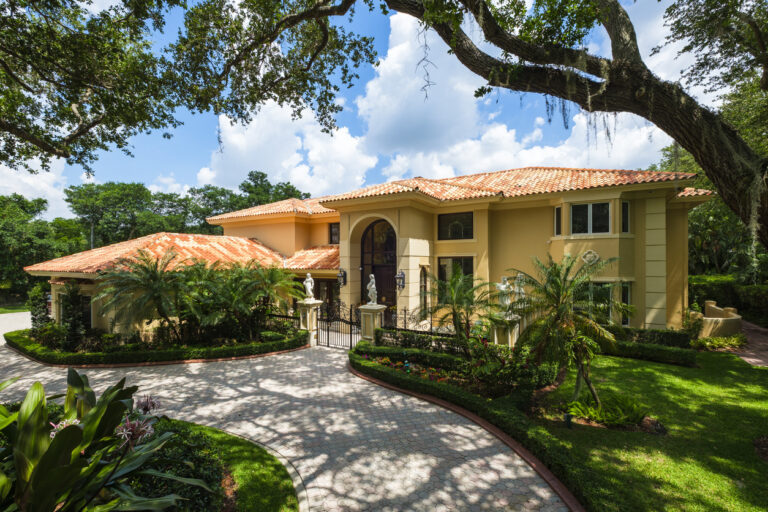
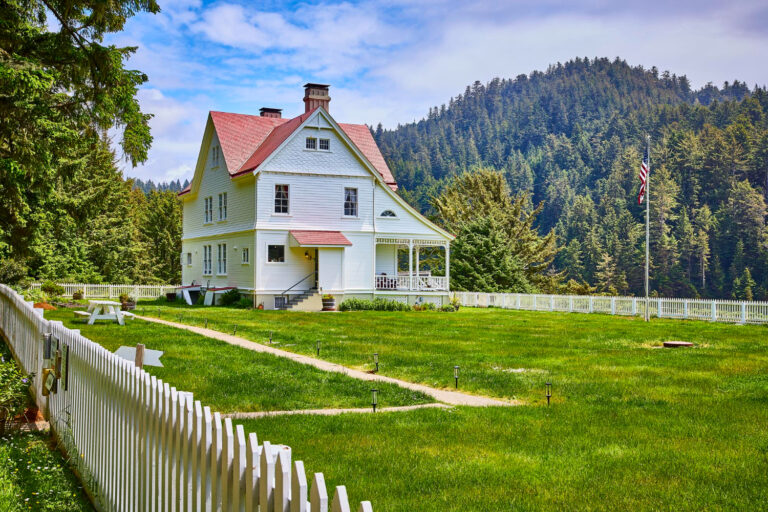
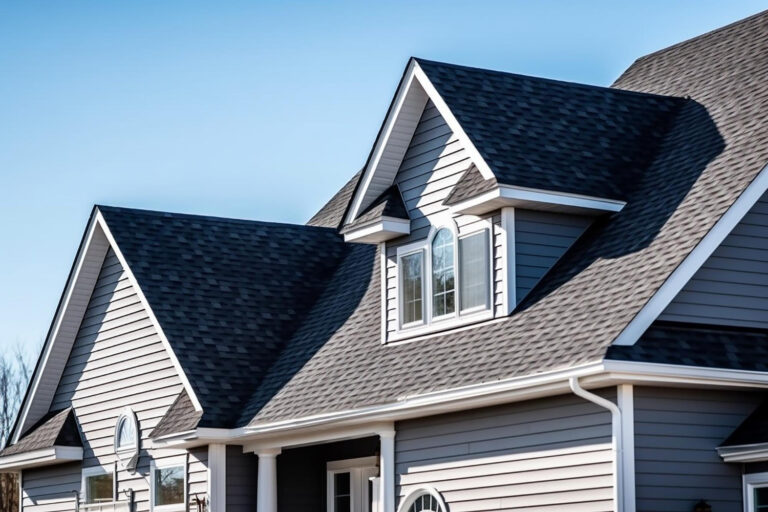
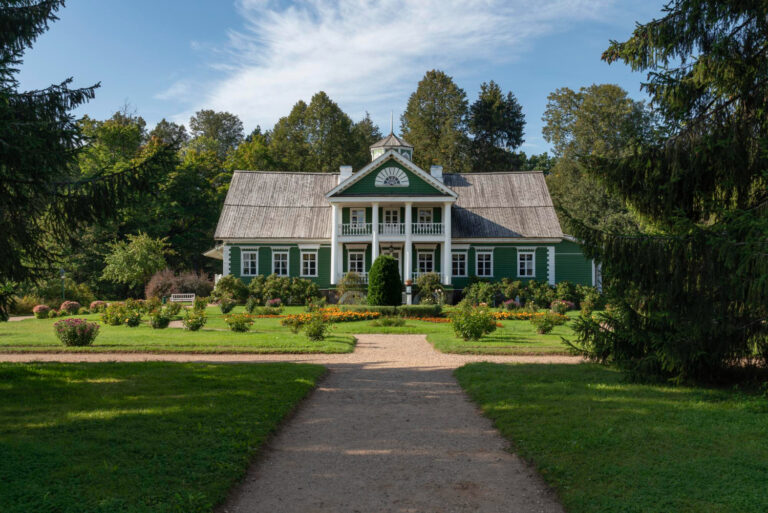

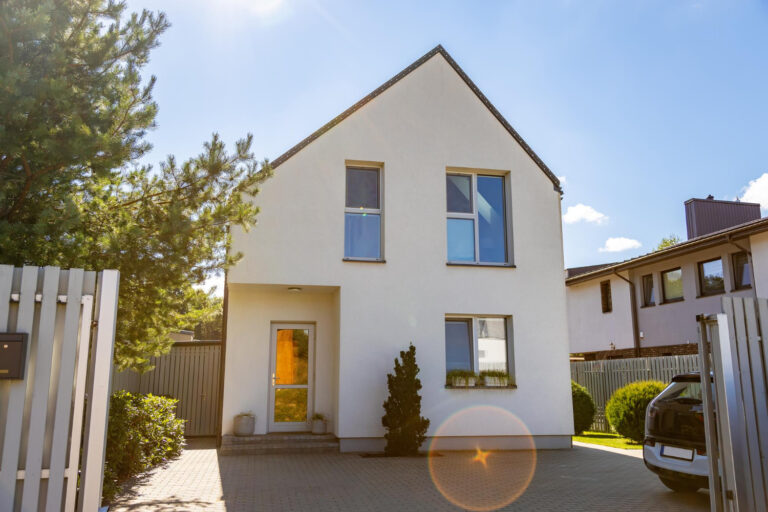

One Comment
Comments are closed.